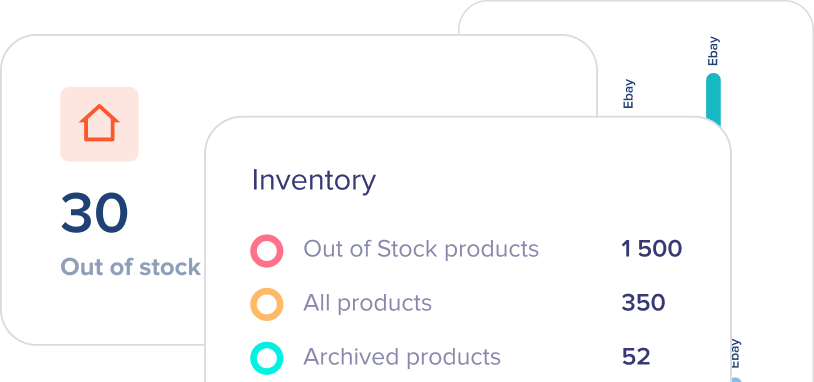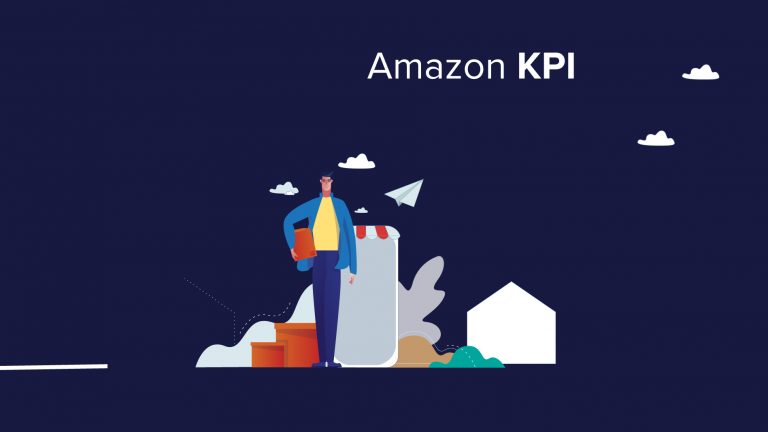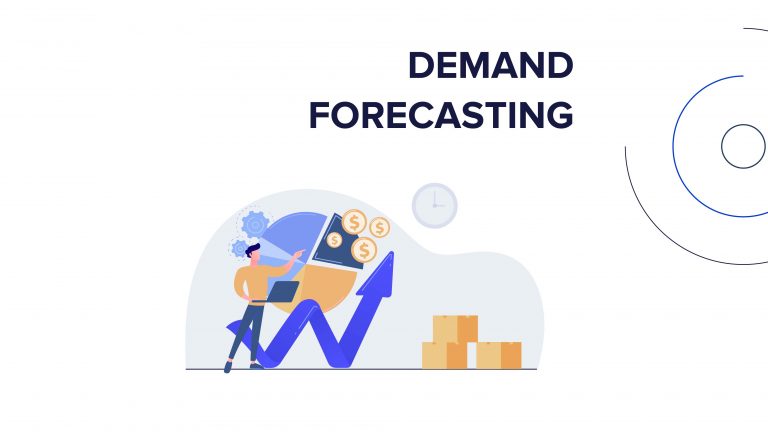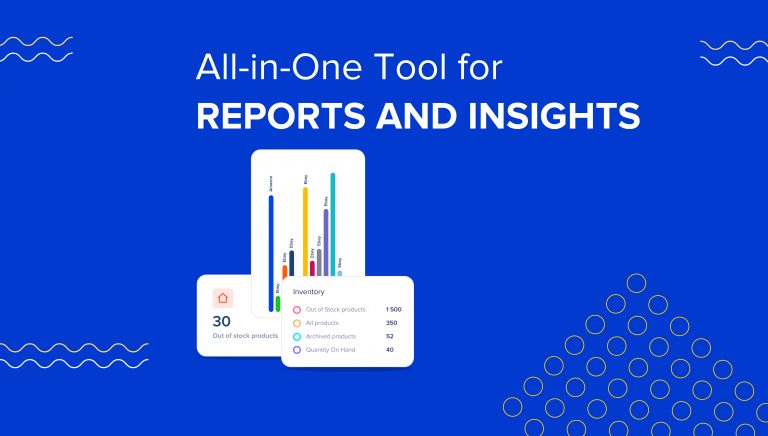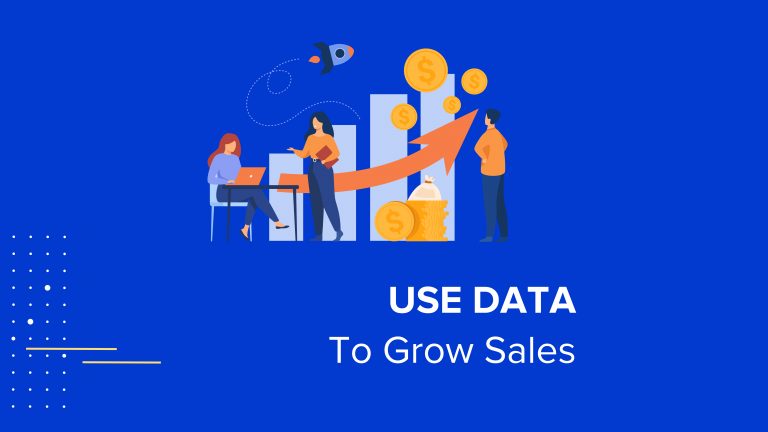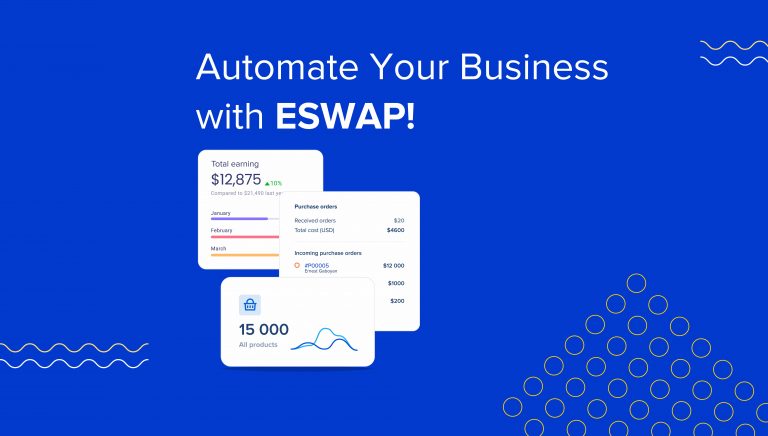eCommerce is usually thought to be one global market. But this global phenomena is actually a complex structure having several branches. One distinction is the division between types of market: B2B and B2C ecommerce. For any business holder, it’s important to know how the two eCommerce forms differ. It is especially effective for decision making, setting prices, marketing strategies, and organizing business processes. We’ll look at the difference between B2B and B2C and their definitions to follow these intentions. And in the end, we’ll present some top B2B ecommerce software solutions.

B2B VS B2C: Meaning
Maybe you did not know precisely what the two acronyms B2B and B2C mean. Let’s see.
The most distinguishing difference between B2B and B2C is actually their target audience, later customized accordingly for each type of business.
- The abbreviation B2B is explained as “business to business”. It is a term used to describe a business that offers commercial transactions, services and products to another company. For example, a typical B2B case is when businesses take the materials needed for their production process from other companies offering those materials.
B2B eCommerce transaction example: If a business obtains a product from the supplier on a website like eBay or Amazon, it takes place between manufacturers, wholesalers and retailers of products and services. In B2B (Business-to-Business), a business sells to another company. And the one that bought the items or products then resells those products to end-users.
- B2C – the contrary of B2B means “business to consumer.” It is the process of selling products/services hence to consumers. The final consumer who buys products for himself and the business runner are the 2 sides that B2C transactions take place between.
B2C eCommerce transaction example: A consumer purchases an iPhone for his own use directly from a website. In B2C, a business sells to the end-user without involving any other sides.
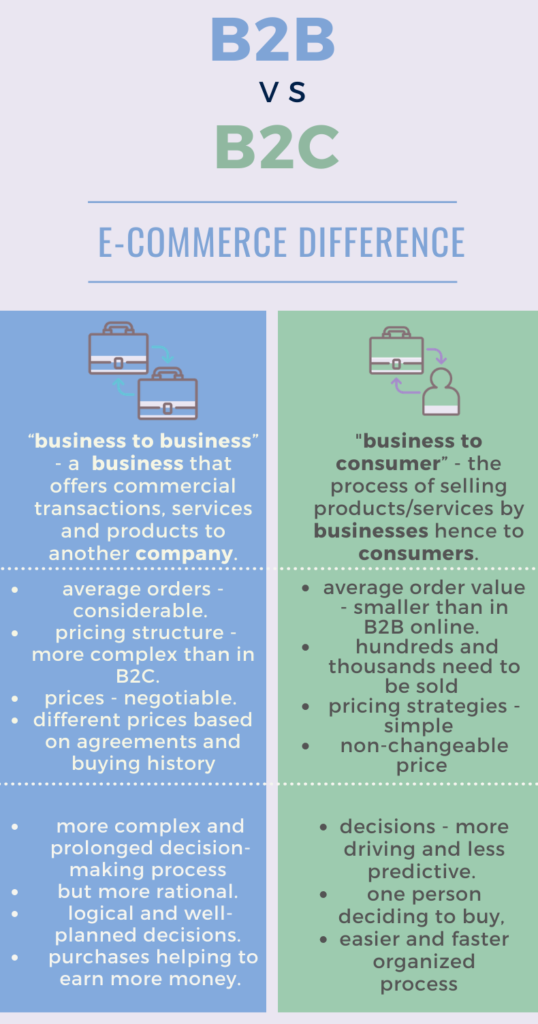
Differences Between B2B and B2C
Globally the difference between the 2 types of business is now kind of straightforward. But the needs of your audience, their interests and preferences should undoubtedly be taken into account, too.
So let’s come to some additional differences. They mainly refer to the purchase processes and customer behaviours.
Pricing
In B2C, the average order value is smaller than in B2B online. So that to reach maximal marks, businesses need to sell hundreds and thousands of items. When dealing with B2C, the pricing strategies are pretty simple if an item costs 10USD, this price is non-changeable.
As for B2B eCommerce, average orders are more considerable. For B2B businesses, it can be enough to have just a couple of customers. Even with the minimum amount of customers, they can reach millions in revenue. But the pricing structure is more complex than in B2C. Though B2B purchases are a lot, usually prices can be negotiable. Buyers can get different prices based on agreements and, most importantly, their buying history.
Decision Making
Transactions in the world of B2C do not take place until the buyer feels the need to buy some products or services. It means that decisions in B2C are more driving and less predictive. As a result, when only one person is deciding to buy, the process is organized easier and faster.
Audience
As a rule, B2C eCommerce has got a definite public segment. For example, sportspeople can be the target audience for a sports shoe retailer. It is a quite large scale audience and a chance of high transactions.
In contrast, B2B eCommerce has a particular type of business as a target. For example, B2B targets can include law firms or dental clinics. Thus, transaction volume is lower, but it does not affect the financial part – income is still high.
B2B ecommerce software solutions
The world of B2B is quickly changing, going from traditional offline area to online territory. To offer everything your customers want, you need to determine your business’s most suitable ecommerce platform.
Here are the top 5 eCommerce B2B companies solutions.
eSwap is a B2B online software that carries inventory, orders and shipping management for any type of business. Simple and user-friendly – this is the perfect definition for eSwap. Simplification and automation of all the B2B processes will give you more time to solve other issues and improve different processes. This platform also supports in-depth reporting, forecasting, allows you to make adaptations where needed.
